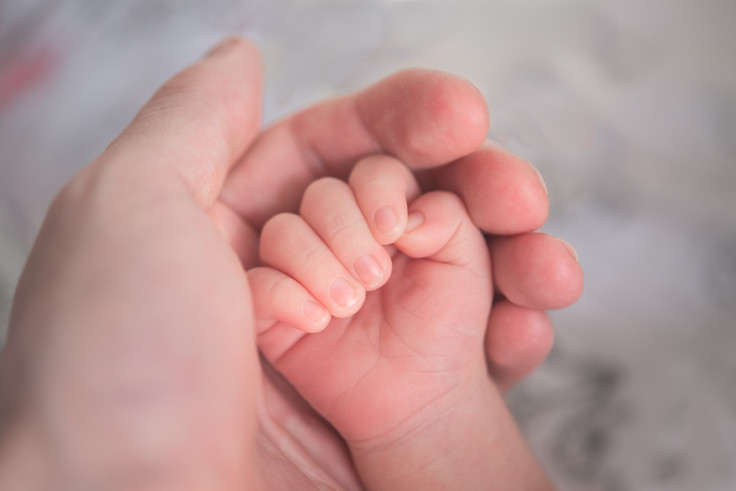A human rights organization announced on Thursday, Dec. 22, that DNA tests have proven that a guy was one of the numerous infants who were kidnapped from their mothers during the dictatorship in Argentina, Al Jazeera reported.
With this new finding, 131 allegedly "stolen" children have now been recognized.
Military personnel often stole infants from political detainees who were frequently killed without a trace during Argentina's violent dictatorship, which lasted from 1976 to 1983.
Approximately 500 children are believed to have been kidnapped from their parents under the dictatorship, according to the human rights organization Grandmothers of the Plaza de Mayo, which was founded to look into the disappearances. DNA testing is used by the organization to find and recognize them.
At a press conference, Estela de Carlotto, head of the Grandmothers of Plaza de Mayo, revealed that the man, whose identity was withheld, had been found to be Lucia Angela Nadin and Aldo Hugo Quevedo's biological child.
From the western region of Mendoza, Nadin and Quevedo belonged to an armed Marxist group and were detained in late 1977 in Buenos Aires. At the time, Nadin was two to three months pregnant.
According to testimony from survivors, Nadin was removed from the detention facility where she was housed in March and April 1978 so that she might give birth.
She and Quevedo have not been located.
At the time of Nadin's disappearance, her family was unaware that she was expecting a child, however, in 2005, they deposited DNA samples in a national genetic database.
In September 2022, a man who was thought to be the child of missing parents was found after a legal investigation. He consented to participate in a DNA study, and de Carlotto stated that he was identified as the couple's son on Wednesday, Dec. 21.
The last time the rights group identified a person who was snatched from their parents during the dictatorship was in June 2019, when it was announced that Javier Matias Darroux Mijalchukis was the biological son of Elena Mijalchuk and Juan Manuel Darroux, both of whom remain missing.
More than 2,000 individuals who had questions about their identification underwent DNA testing in the previous four years, according to de Carlotto.

© 2025 Latin Times. All rights reserved. Do not reproduce without permission.



